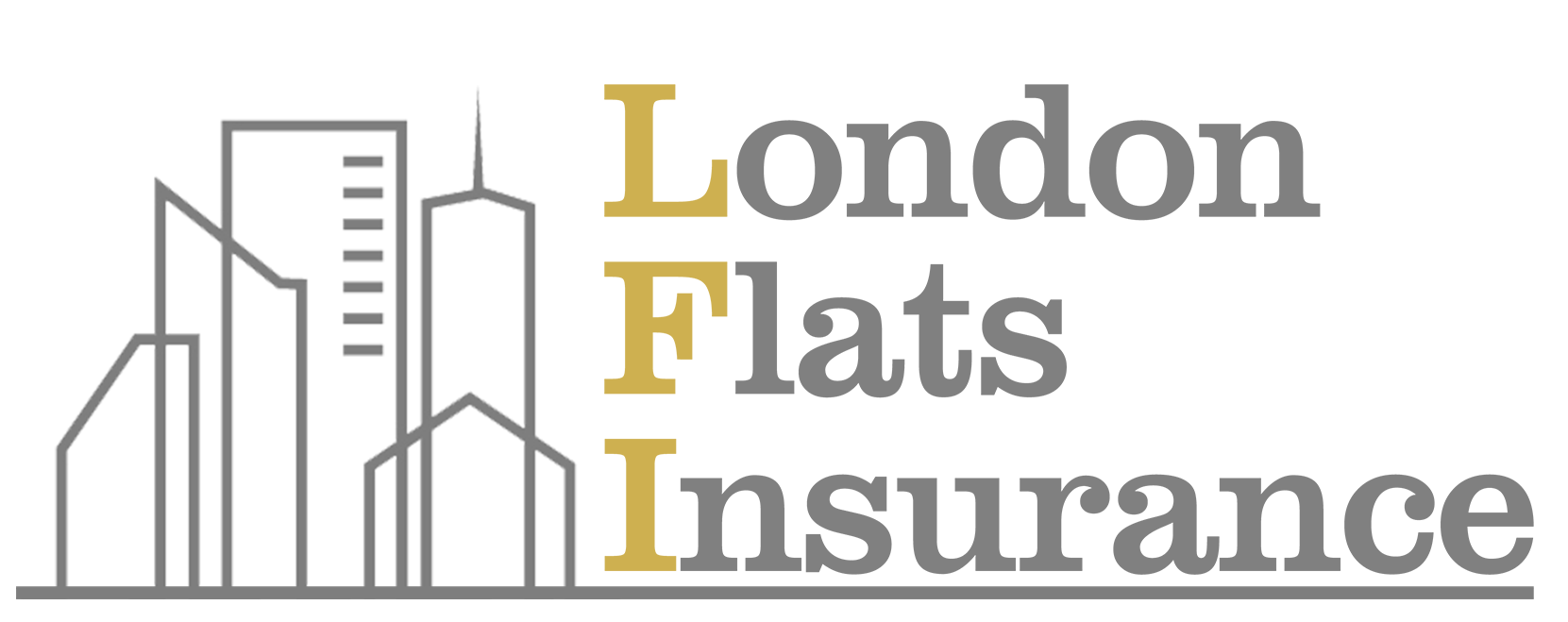To VAT or not to VAT?
Sinead Campbell, of London Flats Insurance, investigates whether you should be adding VAT to your insurance policy’s Declared Value or not.
All Residents’ Management Companies need to ensure that the requirements set out in their Lease are covered by their blocks insurance policy and are reviewed at each renewal of cover.
It is also recommended by the RICS Management Code that properties should have a valuation completed and reviewed by an appropriately qualified Surveyor on a regular basis.
When arranging an insurance policy, your insurer/broker requires a Rebuilding Cost, often referred to as Declared Value, which is the basis of your premium calculation. The Insurer will include a further percentage to allow for inflation, during the insured period or during the time it takes to rebuild the property following a claim, of normally between 10% and 50%.
However, should we be adding VAT to our Declared Value?
What would happen to VAT values in case your property was destroyed?
- If your block is completely destroyed (i.e. demolished to ground level and has to be rebuilt), these costs would not attract VAT.
- If your block is only 90% destroyed, however, and insurers decided to rebuild your block rather than knock it down and rebuild it totally, then these costs would attract VAT at 20%.
Example:
The Declared Value of the block is £1,000,000.
If the block were 90% damaged and the Insurer decides to rebuild, the costs that could equate from this loss are £900,000 + 20% VAT = £1,080,000.
In this instance, the insurer would only pay £1,000,000 and there would be £80,000 needing to be found to complete the rebuild.
So, should you include VAT or NOT?
There are those that think it would be unlikely that insurers would choose to rebuild where a property was 90% damaged, however, this is quite a risk to accept!
In a recent First Tier Tribunal, it was agreed that adding VAT to the Declared Value provided to insurers should be dependent on your insurer’s stance and how their policy is written.
Having reviewed several products, we found that some insurers expect VAT to be included, others don’t, and some insurers are completely silent on the matter.
This, unfortunately, can sometimes be a minefield. Unless your Insurance Policy specifically states how your insurer reacts to this situation, I recommend that you contact them for advice – better to be safe than sorry!
In the FTT case mentioned above, they held that it was reasonable to include VAT in the sum insured.
